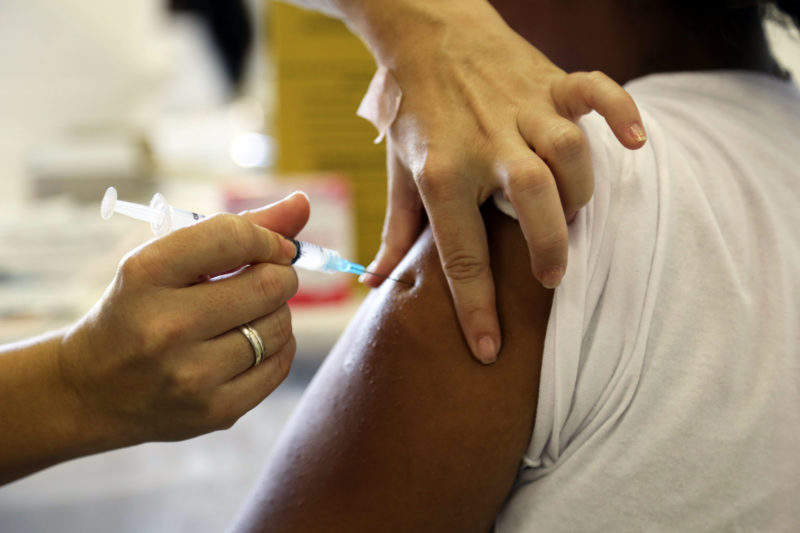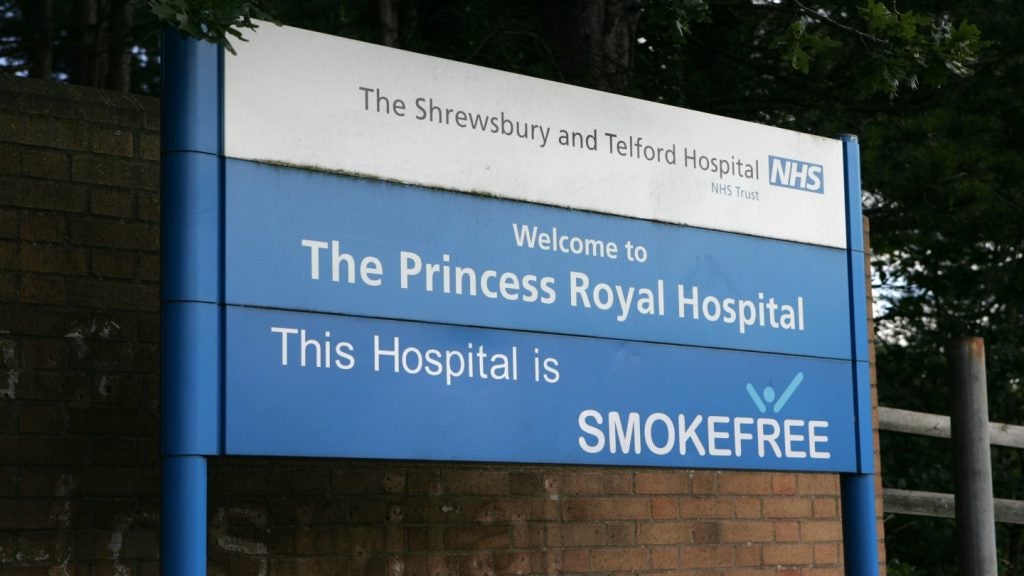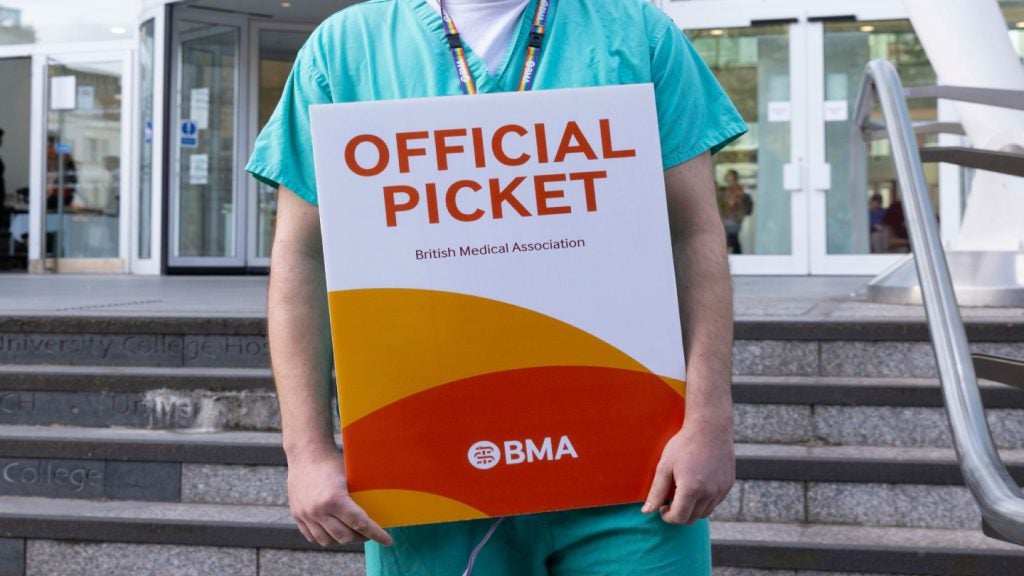
Last month, the UK announced that the national human papillomavirus (HPV) vaccination program will be extended in 2019 to adolescent boys ages 12 to 13. The current national HPV program in the UK covers girls (ages 12 to 18 years) and men who have sex with men (MSM). It is estimated that approximately 400,000 boys in the UK can be protect from HPV infection with the vaccine. HPV is a very common virus and can be transmitted through any kind of sexual contact with an infected individual. There are over 100 types of HPV, many of which are harmless and naturally cleared by the body. However, there are some types of HPV that are high risk and may lead to other diseases such as cervical, vulval, and vaginal cancers in women, and penile cancers in men. HPV can also lead to anal and head and neck cancers (HNC) in both sexes. The increased vaccination of teenage boys in the UK will likely decrease the incidence of the aforementioned cancers that are associated with HPV.
A GlobalData epidemiology report on HNC (cancers of the lip, oral cavity, pharynx, and larynx cancer; oropharynx cancer; nasopharynx cancer; other head and neck cancer sites – salivary gland and nose, sinuses, and other related structures cancer) recognizes that HPV infection is a risk factor for HNC. Figure 1 shows the proportion of diagnosed incident cases of oropharynx cancer by HPV as a risk factor for the seven major markets (7MM: US, France, Germany, Italy, Spain, UK, and Japan).

The program for girls has been shown to be successful at reducing by 80% the prevalence of HPV-16 and HPV-18 (HPV types targeted by current vaccines), as well as the incidence of cervical cancers. The gender-neutral vaccination program was supported by a new modeling method that showed better compensation for fluctuations of uptake and better control of cancers caused by HPV. Proponents of earlier vaccination in boys also argue that vaccinating men who have sex with men is too late to prevent an infection.
The vaccination of adolescent boys in the UK will contribute to the herd immunity for the health of both men and women, and may be more cost-effective. It is currently estimated that HPV causes 2,500 new cases of cancer in men in the UK. With the increased availability of the HPV vaccine to adolescent boys, the number of annual cases of HPV-associated cancers in men is expected to decrease. Vaccinating boys and girls is predicted to prevent new cases of HPV-associated cancers in both men and women. There are a few countries that offer the vaccine to both sexes, although HPV vaccination of boys is becoming widely adopted.
The UK now joins countries that have vaccinated or plan to vaccinate boys, including Australia, Austria, Brazil, Canada, Israel, Italy, New Zealand, Norway, Switzerland, and the US. Even though there are potential benefits from early vaccination of boys, it may take a number of years before it can be concluded that the early vaccinations prevented cancer, because HPV can take many years to manifest. For noncervical HPV-associated cancers, the manifestation periods can occur much later than cervical cancers. Although benefits of vaccinating adolescent boys are unknown, the UK has recognized the potential benefits for the overall health of people and has decided to move forward with the gender-neutral vaccination program.
How well do you really know your competitors?
Access the most comprehensive Company Profiles on the market, powered by GlobalData. Save hours of research. Gain competitive edge.

Thank you!
Your download email will arrive shortly
Not ready to buy yet? Download a free sample
We are confident about the unique quality of our Company Profiles. However, we want you to make the most beneficial decision for your business, so we offer a free sample that you can download by submitting the below form
By GlobalData






